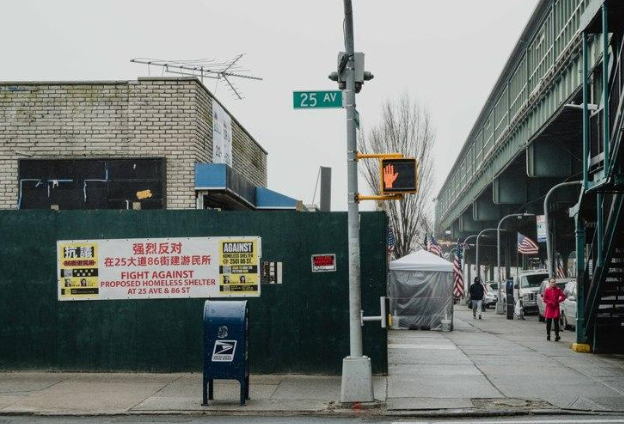
Recently, Fitch Ratings issued a warning: New York City loan defaults have triggered a surge in delinquent payments on US office loans. This signal, like a boulder dropped into a calm lake, has sparked deep market concerns about commercial real estate risks. As a global financial center, the turmoil in New York's commercial real estate market has rapidly spread nationwide, revealing a complex landscape characterized by the intertwining of economic cycles, policy adjustments, and market structure.
The widespread adoption of remote work after the pandemic has radically altered the structure of office demand. Businesses have reduced office space, pushing vacancy rates to historic highs. Meanwhile, the Federal Reserve's successive rate hikes have led to soaring interest rates and a sharp increase in the cost of refinancing commercial real estate loans. Data shows that the delinquency rate for US office loans has climbed to a 20-month high, with New York City alone being the hardest hit by defaults. A Moody's report indicates that as office property values decline, lenders face stricter refinancing standards, accumulating default risk. This "commercial real estate storm" is not an isolated case; global cities like London and Los Angeles are also mired in vacancies and debt. The surge in office delinquency hides broader economic pressures. Data from the New York Federal Reserve shows that the student loan default rate soared to 8% in the first quarter of 2025, with 5.6 million borrowers facing credit crisis. After repayment obligations were suspended during the pandemic, borrowers' credit scores plummeted, and repayment pressures increased dramatically. Economists warn that the wave of student loan defaults and the commercial real estate crisis are forming a vicious cycle: individual financial difficulties suppress consumption, while corporate revenue losses further weaken office leasing demand. This "pressure transmission" effect poses a double obstacle to economic recovery.
The ripple effects of the surge in delinquent payments are gradually becoming apparent. Damaged credit records directly affect the financing capabilities of individuals and businesses, and high penalty interest and late fees further push debt deeper into the abyss. Legally, overdue payments exceeding three months can trigger legal proceedings, and enforcement measures such as property freezes and asset auctions can severely impact borrowers. Notably, some borrowers, having long neglected their repayment obligations, are now facing sudden legal action, exacerbating social instability. Economist Constantine Yanelis noted, "Those who haven't paid their loans for five years are becoming the primary defaulters, and their financial shortfall will long-term drag on economic vitality."
Facing this crisis, policy intervention and market adaptation are key. On the one hand, the government needs to balance debt recovery with social stability to prevent aggressive debt collection from triggering larger defaults. On the other hand, the commercial real estate market urgently needs to restructure its model. Flexible leasing solutions and hybrid office spaces may offer new avenues to alleviate vacancy pressures. Moody's analysts emphasized, "Only by adapting to the digital age of work can office buildings escape the 'value trap.'"
The loan defaults in New York City are a microcosm of the US economy's fragility. The surge in office delinquencies is the result of a combination of high interest rates, shifting demand, and the burden of debt. Resolving this crisis requires not only short-term financial relief but also a restructuring of economic structures and policy frameworks to prevent the spread of risks and the subsequent larger-scale economic shocks. Only by confronting deep-seated contradictions can we clear the obstacles to recovery.

Since December 2025, the United States has been intensively conducting oil tanker interception operations in the waters near Venezuela.
Since December 2025, the United States has been intensively…
When U.S. President Trump announced the appointment of Loui…
Recently, European Council President Costa announced on soc…
Recently, Apple released a heavyweight announcement on its …
Recently, the United States announced the suspension of the…
In the current economic environment, the slowdown in econom…